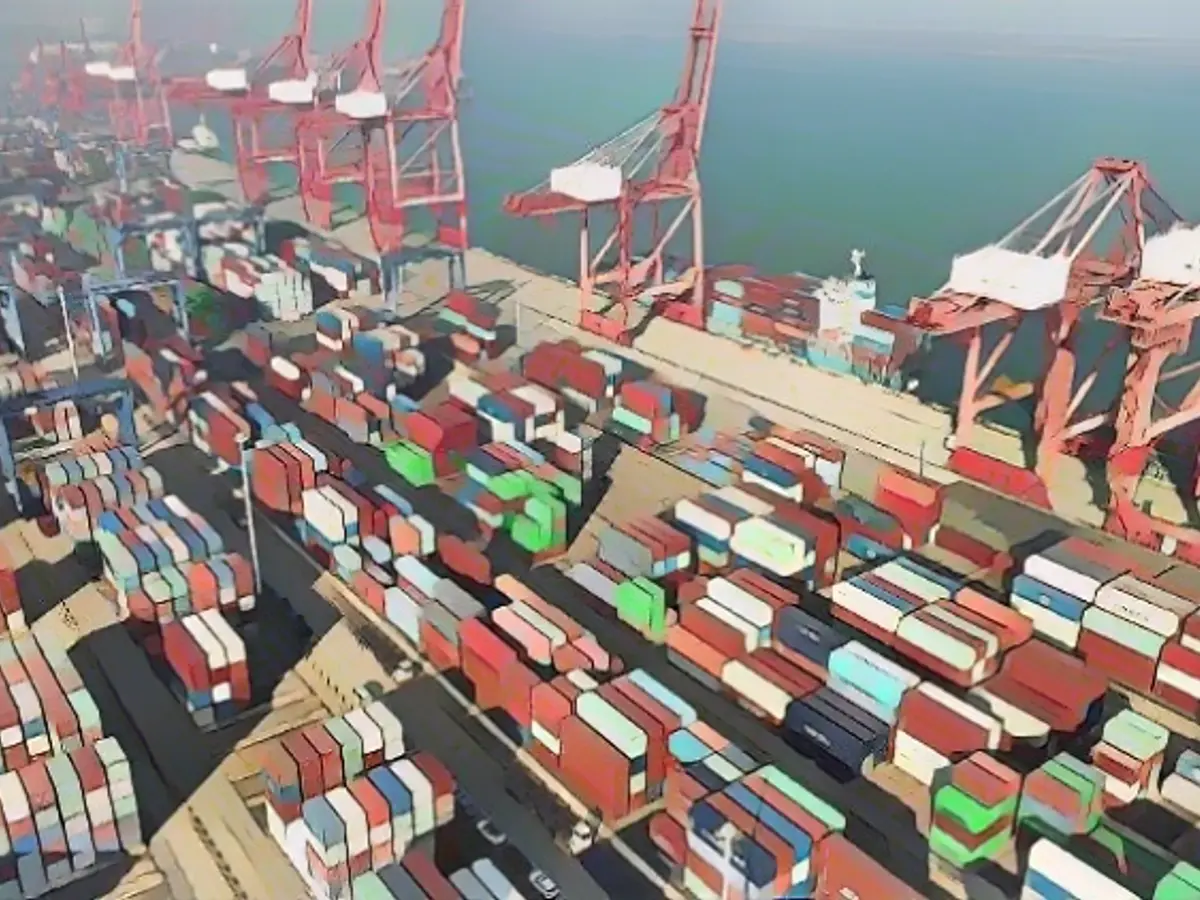Breaking Away from China: A Tough Test for Germany's Economy
Adopting a more distanced approach with China could have far-reaching impacts on Germany's economic well-being, according to recent research. Discontinuing trade ties with China suddenly would result in an approximate five percent decline in Germany's GDP, as indicated by data presented on Thursday by the Kiel Institute. Moritz Schularick, president of the Kiel Institute for the World Economy (IfW Kiel), pointed out that trade with China brings substantial prosperity to Germany, but also emphasized the country's capacity to weather such extreme situations in the long run.
Time For Caution
While the immediate consequences would be significant, a more gradual and cautious decrease in trade relations might help to mitigate the high initial expenses, the report suggested. The primary challenges stemming from an abrupt disruption in trade relations primarily result from the short-term consequences, as the market would struggle to compensate for existing links with China swiftly. The substantial costs to Germany would predominantly originate from the immediate effects of a sudden trade halt.
Xi Jinping Advocates for Cooperation
China's President Xi Jinping has encouraged EU leaders against perceiving China as a rival and advancing a contentious strategy towards the country. During a recent summit with EU leaders, including Commission President Ursula von der Leyen, Xi accentuated his commitment to working cooperatively with the EU on economical matters.
The EU's Stance
However, the EU has made it clear that it will not tolerate unfair competition and has criticized distortions on the Chinese market. The EU is also concerned about China's threats towards Taiwan and its association with Russia, particularly regarding the escalating conflicts in Ukraine.
The Bottom Line
While a complete disconnection from China would incur substantial economic consequences in the short and long term—ranging from trade reductions, supply chain disruptions, and economic contraction to diversification challenges, reshoring efforts, and economic costs—a more measured and gradual process might be more feasible and less expensive.





